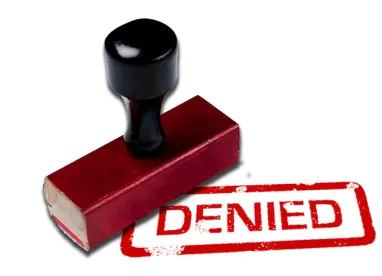The scope of the attorney-client privilege and work product doctrine for internal investigation reports has once again been clarified by the D.C. Circuit in a False Claims Act case against defense contractor KBR, Inc. In its most recent decision, the D.C. Circuit rejected whistleblower Harry Barko’s arguments that KBR’s internal investigation documents were rendered discoverable either because they had been used to prepare a 30(b)(6) witness or because KBR referred to its internal investigation in its summary judgment papers.
Barko, who has made allegations against KBR related to kickbacks and overbilling, has long sought discovery related to KBR’s internal investigation into the alleged fraud. KBR has repeatedly asserted attorney-client and work product protection over its internal investigation documents and has twice sought mandamus relief from the D.C. Circuit on this issue.
In this recent fight between the parties, the district court held that any attorney-client or work product protection was waived when (1) KBR produced a 30(b)(6) witness who had reviewed internal investigation documents in preparation for his deposition, thus rendering the documents discoverable under Federal Rule of Evidence 612; and (2) KBR referred to the internal investigation in its summary judgment papers, which amounted to an “at issue” waiver. KBR petitioned for a writ of mandamus, which the D.C. Circuit granted.
In its order, the D.C. Circuit rejected out of hand the applicability of Rule 612, noting that the Rule is limited to instances where a writing is used to refresh memory: “It cannot be the case that just stating the documents were privileged constitutes a testimonial reliance on their contents; else, attorney-client privilege and work product production would mean nothing at all in that their mere invocation would entitle an adversary to production of the privileged or protected materials.” Slip Op. at 10. The D.C. Circuit noted that even if Rule 612 were applicable, the district court’s conclusions were precluded by Upjohn Co. v. United States, 449 U.S. 383 (1981) because they “would allow the attorney-client privilege and work product protection covering internal investigations to be defeated routinely by a counter-party noticing a deposition on the topic of the privileged nature of the internal investigation.” Slip Op. at 11.
The D.C. Circuit was also unpersuaded that references to the internal investigation in KBR’s summary judgment papers constituted an “at issue” waiver. Acknowledging that “a party may not use privilege as a tool for manipulation of the truth-seeking process,” the court noted that “a general assertion lacking substantive content that one’s attorney has examined a certain matter is not sufficient to waive the attorney-client privilege.” Slip Op. at 13-14 (internal citations omitted). According to the court, KBR’s references to its internal investigation did not amount to a disclosure of, or reliance on, the contents of the investigation and therefore did not operate as a waiver.
Attorney-client privilege and work product protection of internal investigations often turns on a complicated and fact intensive inquiry. Companies can protect themselves by properly structuring their internal investigations from the outset.




 />i
/>i

